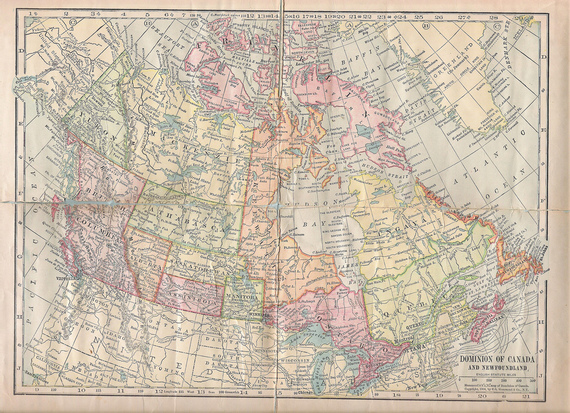Verizon on today's FCC vote:
There is no doubt that the policies put in place by the Clinton Administration and the Bush Administration to jumpstart innovation and the spread of broadband worked. As a result, America’s broadband and Internet marketplace is intensely competitive and an engine of economic growth, job creation and multibillion-dollar investment. Today’s decision, however, unnecessarily departs from these successful policies.
I'm sure on Verizon's planet there's no lack of healthy competition, but back at nulamihaus we have no competitive alternative to Comcast. My brother-in-law's complex is served exclusively by AT&T. And then there's the Woz:
I have owned four homes in my life. None of these had cable TV, even though one was a new development where the law required cable. None of these had DSL, including my current home, which is only .8 miles up a hill from the populous town I live in. I pay for a T1 line, which costs many times what DSL runs for about 1/10 the bandwidth. That's as close as I can come to broadband where I live. The local phone providers don't have any obligation to serve all of their phone customers with DSL. They also have no requirement to service everyone living in the geographic area for which they have a monopoly. This is what has happened without regulatory control, despite every politician and president and CEO and PR person since the beginning of the Internet boon saying how important it was to ensure that everyone be provided broadband access.
Wired ISPs are local monopolies. An alternative that comes at twice the cost and half the speed is not "intensely competitive". Consider a car analogy: residents of California can only buy Chevrolet vehicles—if you want Ford you'll have to move to Montana. Don't like it? You can buy a bicycle for twice the price. People accept their choice of one decent broadband option because they liken it to their one choice of power or sewer company, and the market accepts the existence of multiple ISPs as proof of a competitive marketplace.
If the marketplace were as fierce as Verizon describes I'd be willing to yield to market forces—and today's FCC ruling gives more leeway to wireless providers, who are arguably heavily competitive—but wired ISPs today aren't competing, they're sharing the spoils of what amounts to industrial gerrymandering.

